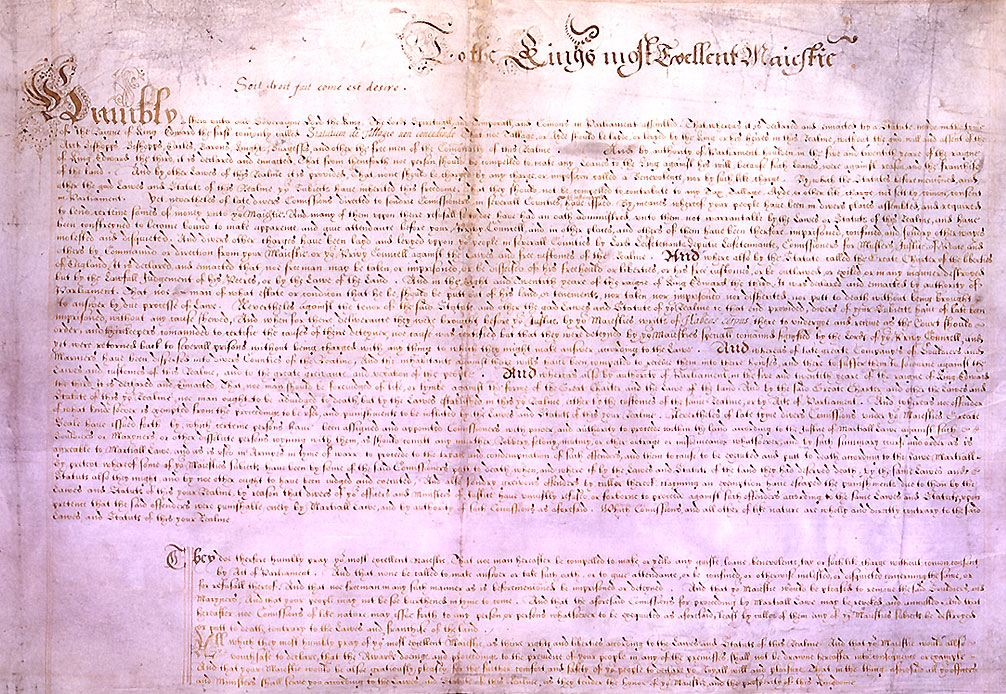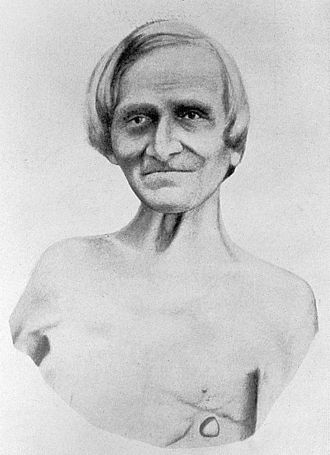 Here come the black flags of Khorasan. Zzzzzzzz.
Here come the black flags of Khorasan. Zzzzzzzz.
OK, such fanatics can do a lot of harm and we must be vigilant. But I’m less worried than I might be since I’m referring in this case to their appearance on June 9 of 747.
That’s the date when the Abbasid Revolution erupted against the Umayyad Caliphate in the name of renewing the purity of Islam. The “black flags of Khorasan” are associated with a hadith claiming Muhammad said the appearance of the Mahdi would be signaled by black standards from Khorasan under which true believers would fight the Masih ad-Dajjal, an anti-Messiah roughly comparable to the anti-Christ, mutatis mutandis. Also Muhammad himself evidently had a white flag called the small eagle and a black one made from his wife’s headdress called the big eagle. So there you have it.
Or not. The problem is that while the Abbasids seem to have had a point about the Umayyads, and to have established a rather more inclusive Caliphate than the intolerantly ethnically Arab Umayyad one, the belief in Islam that the community of believers would necessarily be united in a perfect theocratic state has continually eluded their grasp. One sect after another, one political division after another, one conflict after another has arisen.
Now you may say the same is true of Christianity. And of course it is, including conflicts in which the various leadership claimants and the combatants generally behave in appalling manners that are painfully obviously not What Jesus Would Do. But there is a difference. Christianity generally expects it. Islam generally does not. And the reason is at bottom theological.
Orthodox Christian doctrine, not Eastern or Russian “Orthodoxy” with a capital O but sound Christian doctrine across denominations explicitly assigns a subordinate but real dignity to the state, on the undisputed authority of Christ himself, who expressly told his followers to “Render therefore unto Caesar the things which are Caesar’s; and unto God the things that are God’s”. And so it does not ask political systems to achieve perfection or bestow or enforce it on the populace.
Again, I recognize that there have been many cases where this crucial point was disregarded, generally ending in disaster both tawdry and bloody. But the orthodox position keeps reasserting itself in the wake of the persistent heretical temptation to enforce sanctity, giving people reasonable expectations of what secular governments should try to do and how well they should be expected to do it. Christian governments through the ages have tended to try to impose one sectarian vision, whether Roman Catholic, Orthodox, Anglican, Calvinist or otherwise. But it is the exception rather than the rule to find any of these trying to force people to live without sin rather than to go to church and repent of it on a regular basis.
Islam, on theological grounds, tends more toward apocalyptic visions of government, because the Koran does not separate church and state and imply that when it comes to governments you should take what you can get. Remember, the Caesar of Christ’s saying was not nominally Christian, nor would the Emperors be for three centuries after the Crucifixion. The Islamic state was founded by Mohammad, and there was no aw shucks guys I’m a theologian not a politician. The fundamental model and understanding is different, with problematic impact.
Once again, there are exceptions, Islamic rulers who understood the limits of the possible and of their own characters and governed with humility and restraint. But they have been remarkably vulnerable to challenges from the austere purists in love with death, hoisting the black flag and proclaiming the imminence of perfect rule on Earth. Even in Saudi Arabia, where the Koran is the Constitution, they deny the possibility of confusion or error in interpreting it. With the results you’d expect from such an approach, a regime at once brutal, seedy and pathetically theologically pretentious.
Even the Umayyad Caliphate is a bit of a problem. It was the second of four major ones early on, and it arose just three decades after the death of Muhammad, replacing the Rashidun Caliphate which was riven by dissent, violence and assassination virtually from the outset, including the assassination of three of the first four caliphs. Likewise the Umayyad one was torn by constant war and revolt. But neither should have been. At least not from the point of their own theology.
To be clear, I concede that Christian rulers have been equally awful and have died in equally violent ways. Bad King John was at least nominally Christian, along with any number of tyrants you can name. But Christianity is not surprised to find sinners in power, and does not ask them to force us to behave like saints. (Indeed, even the Pope has a confessor.) Islam too often does, and the inadequate performance of governments in the face of such expectations leads to violently Puritanical movements one after another, with grandiose claims, black banners, apocalyptic expectations and grimly disappointing earthly results that prompt not sober reflection on flawed human nature but another violently Puritanical outburst.
So yes, it’s scary when the next band of nits proclaim themselves “the caliphate” or “the black flags of Khorasan” or whatever pretentious title they assume. But it’s also old old news.





